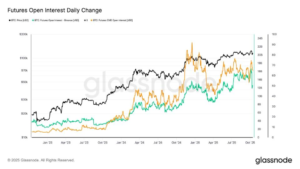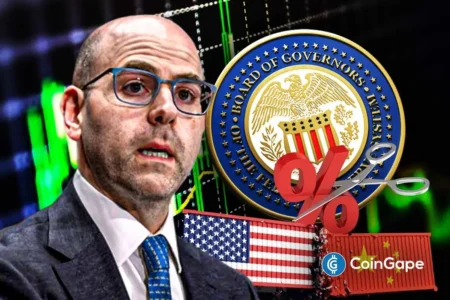Japan Moves to Ban Cryptocurrency Insider Trading: A Shift Towards Regulation
Japan is set to implement new regulations aimed at prohibiting insider trading in the cryptocurrency sector, marking a significant step towards aligning digital assets with traditional securities. Spearheaded by the Financial Services Agency (FSA) and the Securities and Exchange Surveillance Commission (SESC), this initiative aims to tighten oversight on crypto transactions to foster a fair and transparent market. The planned reforms underscore Japan’s commitment to restoring trust and promoting integrity within its rapidly evolving cryptocurrency landscape.
Proposed Legal Framework for Cryptocurrency Trading
The proposed legal changes are anticipated to be presented to parliament in 2026, reflecting a progressive approach to combatting illegal trading practices in the cryptocurrency space. Under the new framework, trading cryptocurrencies based on non-public or advantageous information will be deemed criminal. Offenders could face substantial fines or even imprisonment, depending on the severity of the violation. Furthermore, the SESC will possess investigative powers to scrutinize suspected cases of insider trading, thereby reinforcing accountability among market participants.
Aiming for Market Integrity and Investor Protection
Japan’s regulatory authorities aim to restore trust in the burgeoning cryptocurrency market that has seen a notable surge in trading activity. Institutions such as Nomura have been increasingly interested in crypto trading, signaling substantial market demand. In response, the FSA is establishing a working group responsible for defining the parameters of what constitutes insider trading in cryptocurrencies. Instances of trading digital assets before public announcements or subsequent to learning of undisclosed security flaws may fall into the scope of this new legislation.
Aligning Cryptocurrency with Traditional Securities Laws
The draft regulations will also outline compliance measures for cryptocurrency exchanges, in an effort to deter potential market abuses. The emphasis on aligning crypto investments with existing securities laws reflects a growing recognition of the need for enhanced transparency and investor protection in the industry. This regulatory push mirrors similar global trends, as seen with organizations like the SEC and CFTC in the United States, who are also initiating measures to monitor crypto trading effectively.
A Rapidly Expanding Crypto Market
Japan’s cryptocurrency market has experienced exponential growth, with active trading accounts reaching over 7.8 million as of August 2025—nearly fourfold from five years prior. For the most part, the current regulatory framework relies on self-regulation by exchanges and the Japan Virtual and Crypto Assets Exchange Association. However, this self-regulating model has raised concerns about its effectiveness, leading to increased calls for stricter oversight to ensure a fair trading environment.
Future Implications for Cryptocurrency Regulation
As Japan moves toward implementing these crucial reforms, the landscape of cryptocurrency trading is set to change dramatically. The proposed legislation not only aims to protect investors but also seeks to legitimize the growing industry in the eyes of regulators and the public alike. With enhanced scrutiny and compliance requirements, Japan’s regulatory ecosystem may pave the way for increased institutional participation, ultimately fostering a more stable and trustworthy cryptocurrency market.
In summary, the FSA and SESC’s proposed regulations represent a landmark shift in Japan’s approach to cryptocurrency governance. By criminalizing insider trading and establishing stricter compliance measures, Japan aims to enhance market integrity and protect investors. This ambitious plan reflects a growing global trend towards increased regulatory oversight in the cryptocurrency industry, and it could serve as a model for other nations looking to do the same.




![Plasma [XPL] Soars 21% Following DeFi Partnerships, but THIS Factor Could Halt Its Momentum!](https://cryptonewsinsiders.com/wp-content/uploads/2025/10/Lennox-1-4-1000x600-300x180.png)












